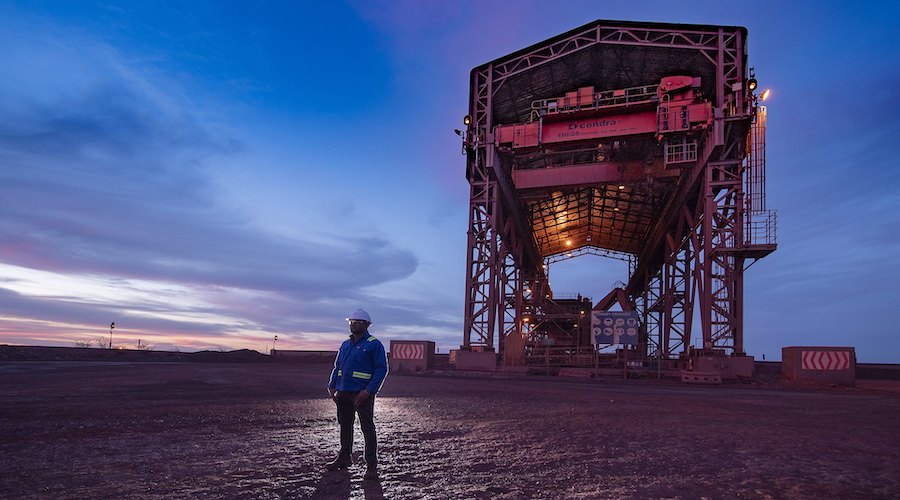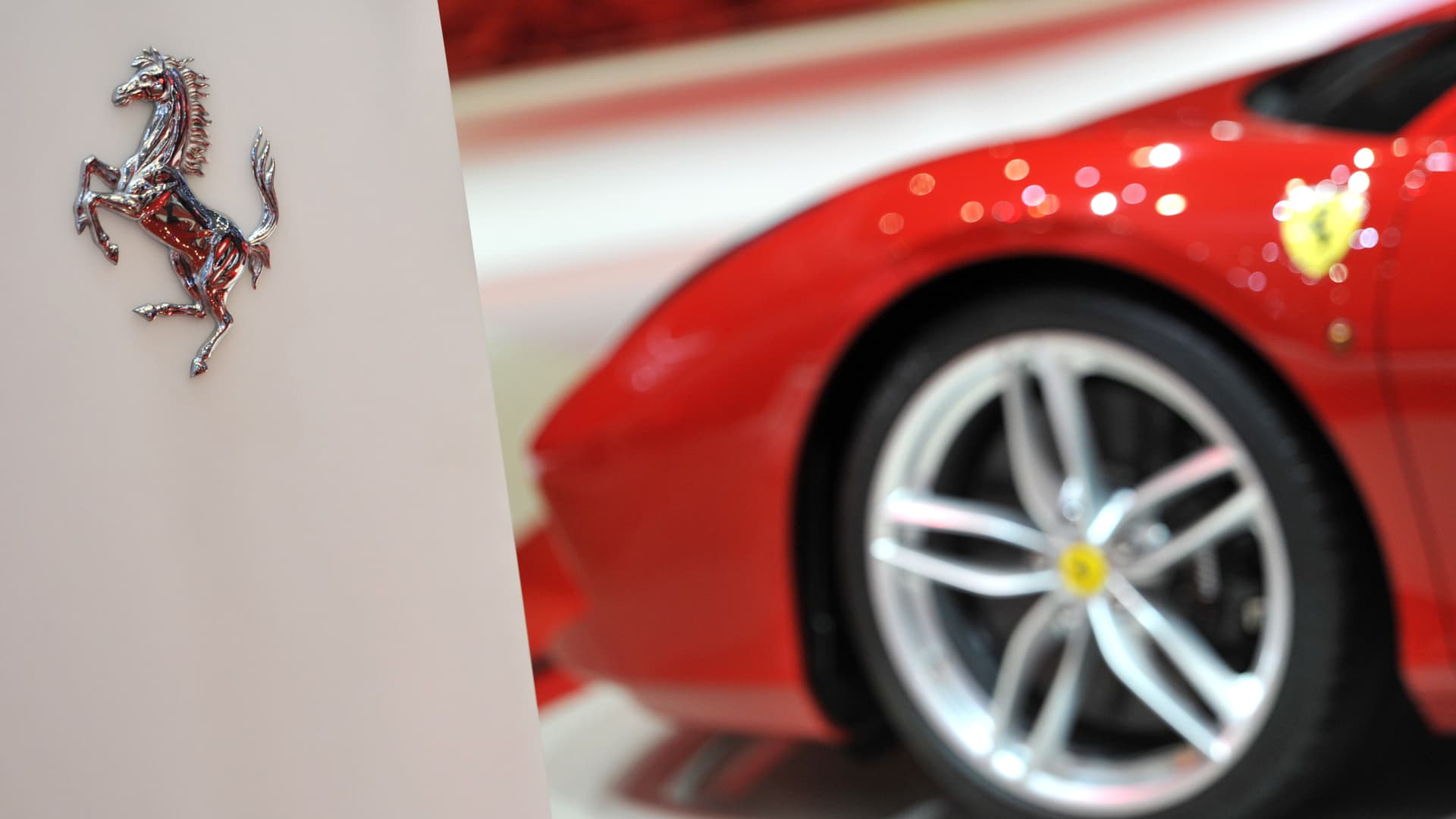Volvo Cars Withdraws From EU Automakers Organization

The European Automobile Manufacturers’ Association was formed in 1991 to allow European vehicle manufacturers to present a common voice to governments and regulators. Its members include BMW, DAF, Daimler Truck, Ferrari, Ford, Honda, Hyundai, Iveco, Jaguar Land Rover, Mercedes Benz, Renault Group, Stellantis, Toyota, Volkswagen Group, Volvo Cars, and Volvo Group. Oliver Zipse, the CEO of BMW, is currently the head of the organization.
Actually, that list of members is no longer accurate. Stellantis announced it was leaving the group last month and this week, Volvo Cars said it too is departing. But the reason for both announcements is where the real news is to be found. For those of you who bemoan the fact that politics has a place in discussions about clean technology, here’s proof that the two are inseparable.
The EU countries last month endorsed a push to eliminate carbon emissions from new cars by 2035 after quite a bit of wrangling about timing. According to Transport Topics, ACEA took the position that any rules that were set to go into effect after 2030 were “premature” due to volatility and uncertainty in the sector.
Stellantis CEO Carlos Tavares has been among the most vocal in calling for a more gradual transition to electric vehicles. (No surprise there.) He has been critical of the speed of the change imposed by lawmakers, saying EVs aren’t affordable for many consumers, there are too few charging stations and the sector is under huge pressure to become more productive. “We should never forget that the choice of electrification is a political choice, not an industrial one,” Tavares said last week. “I respect their leadership. They decide, I comply.”
On July 8, Volvo Cars said it was quitting the organization because its efforts to address an overheating planet were not aggressive enough. The company said it was “better to take a different path for now.” Volvo Cars has set a goal of producing only electric cars by the end of this decade.
“What we do as a sector will play a major role in deciding whether the world has a fighting chance to curb climate change,” the company said in a statement. “We have one of the most ambitious plans in the industry, but we can’t realize zero emission transport by ourselves.”
And so the debate rages on between those who see the climate emergency as the number one priority for all business decisions and those who want to slow walk the future to preserve their market share or shareholder value or the integrity of their executive compensation package. That’s what politics is all about and that’s why we will continue to report on developments in the world of politics.
Appreciate CleanTechnica’s originality and cleantech news coverage? Consider becoming a CleanTechnica Member, Supporter, Technician, or Ambassador — or a patron on Patreon.
[embedded content]
Advertisement
 This post has been syndicated from a third-party source. View the original article here.
This post has been syndicated from a third-party source. View the original article here.




